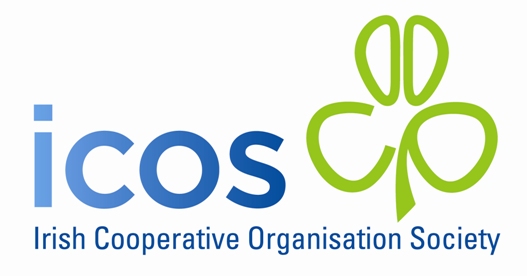Industrial emissions vote lifts minimum livestock unit threshold

The European Parliament’s Committee on Environment, Public Health and Food Safety (ComENVI) has voted on the proposed amendment to the Industrial Emissions Directive. The latest proposals seek to include livestock farms above a larger threshold stocking rate than was initially proposed. The initial proposals had been for a threshold of 150 livestock units (LSU) for cattle farms. However, it appears that ComEnvi has heeded some of the recent feedback on the need to increase the threshold and to exempt smaller family farms from the possible administrative and cost burdens associated with the directive.
The result of this week’s vote was as follows:
- 200 LSU threshold agreed for pigs and poultry, 300 LSU for cattle, unless they are extensive (defined as 2LSU/hectare used for grazing or foraging, or rearing practices where livestock is subject to ‘transhumance’ practices at least 180 days per year or if climatic conditions allow, in particular in alpine regions); and
- 250 LSU for mixed farms, unless one type of animal is at or below 25 LSU.
Furthermore, the Committee has agreed to include a reciprocity clause for imported products and that there should be a permitting procedure for those farms above the current threshold and registration for the others between status quo and the newly agreed (above mentioned) thresholds.
ICOS welcomes the proposed increase in the LSU threshold, but we would have concerns that this could be the thin end of the wedge and that thresholds could be lowered in the future. There does seem to be some recognition of grass-based pasture farming but not enough to completely exempt it at this stage in the discussion, which is somewhat disappointing.
The next step will be a parliamentary plenary session which will take place on the week of 12 June. This session will further shape the proposals, ICOS has highlighted the concerns on this directive with MEPs in recent weeks regarding the scope, data protection concerns, the unnecessary level of public scrutiny proposed and the administrative burden.